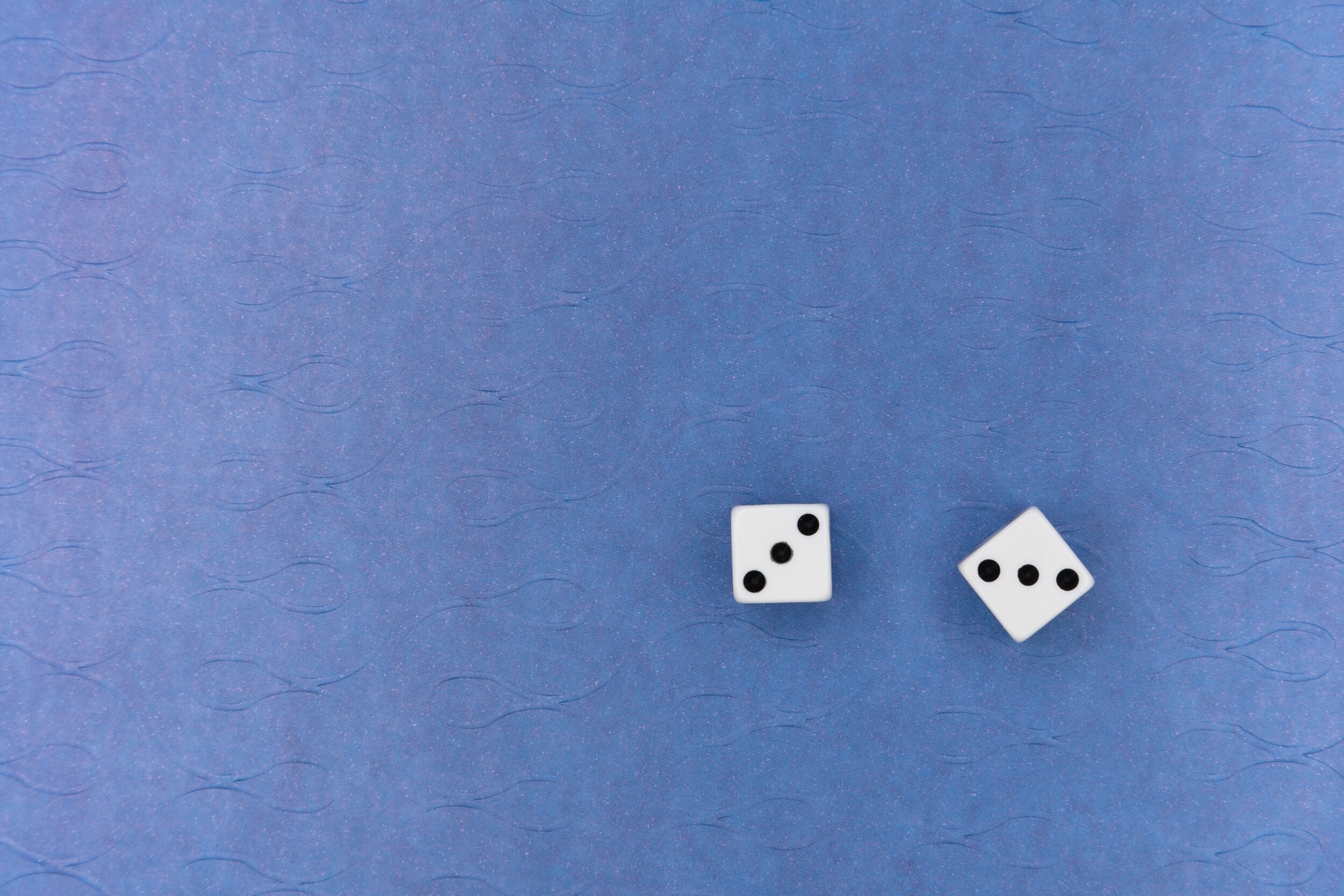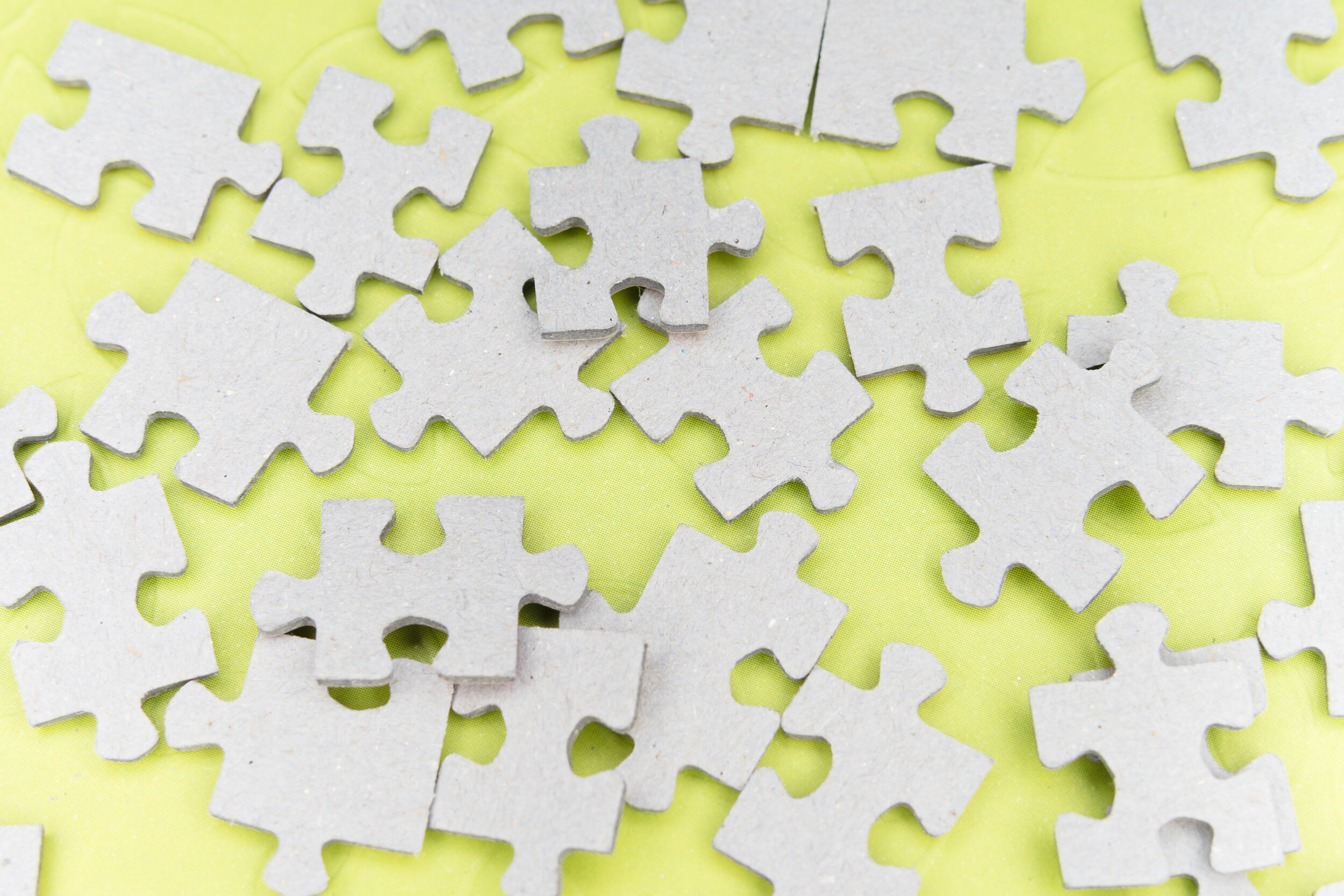What’s My Mood Today?

Robert Solomon and Fernando Flores write in their book, "Building Trust: In Business, Politics, Relationships, and Life," about the 20th century German philosopher Martin Heidegger and his views about “mood.”
According to Heidegger mood is different than an emotion. Moods hang out in the background of life and emotions are in our foreground. We’re always in a mood, and mood is a way that we “tune in” to the world. In essence, our mood casts itself on everything.
As noted by Solomon and Flores, negative moods may show up as “resignation (nothing is going to improve); despair (nothing can prevent this terrible situation, we might as well let it happen); distrust (I don’t believe this so I’m not going to give it my all); cynicism (nothing will ever change so why bother); confusion (I’m not sure what’s going on here and I don’t know whom to ask or where to turn); and panic (I’ll never be able to do this or survive this).”
To Transform Our Mood We Need To Create A New Narrative
We get in a mood because of our assessment of a particular situation. On a larger scale, perhaps our views of the recent presidential election and the state of our country and the world, including violence, immigration and all of the current complexities, have created a mood of helplessness and a feeling of being overwhelmed by these problems.
One way to transform our mood is to create a new narrative about our future assessments of the mood in question. Adopting practices to help us feel more in control and give voice to our concerns is a way to change our future assessments and also affect our smaller, individual world.
How do we do this? Joining or donating to an organization that champions our personal cause is a way to regain a sense of control and add our voice to the world. Volunteering is another great way to make a difference in our community. When we do for others, we are really doing for ourselves. Mentorship of a young person or even a co-worker can make a tremendous difference in our life and the life of the mentee.
The simplest way to change our mood is to adopt a practice of doing at least one good deed each day. As author Leo Buscalglia states so well, “Too often we underestimate the power of a touch, a smile, a kind word, a listening ear, an honest compliment, or the smallest act of caring, all of which have the potential to turn a life around.”
As we begin this New Year, can we each give of ourselves in service of another with one small daily good deed? At the very least, we will improve our smaller world and perhaps we'll even shift or transform our mood at the same time.






